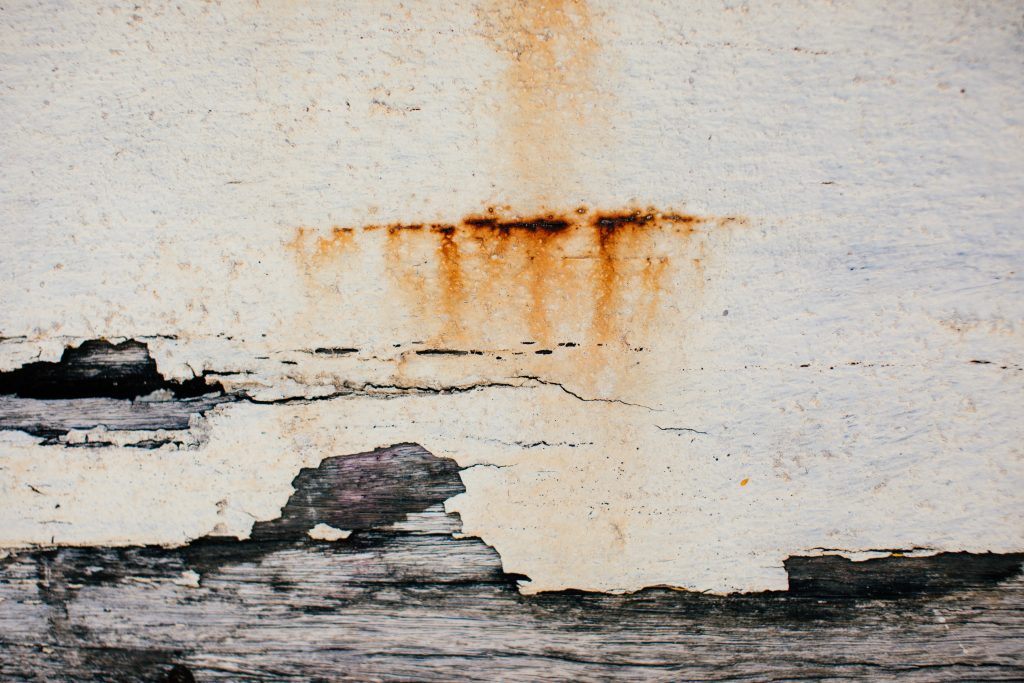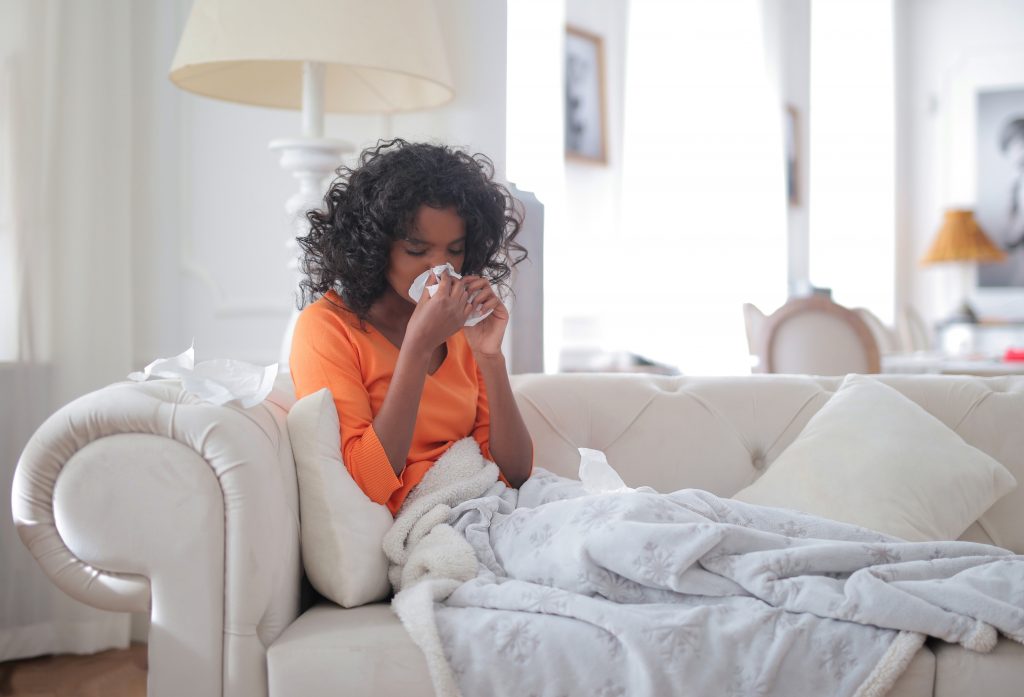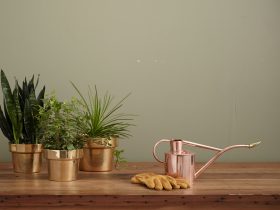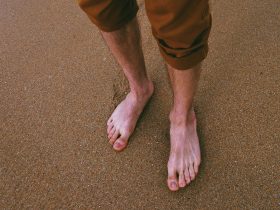In our previous article, we outlined how air purifiers work. But you still may be wondering if they work for everyone-especially those with allergies. Does using an air purifier help with things like dust and mould? Or do we just have to get used to things like these in our homes? What do air purifiers do for allergies? What about people with asthma? This article will outline how an air purifier can be seriously beneficial for your health and reduce the symptoms of allergies.
Do air purifiers work for dust?

Dust forms due to various materials. Many think dust is simply dirt and dead skin cells, but this isn’t the case. Dust consists of:
- organic material (skin particles, pollen, food debris, mould, insect body parts, pet dander)
- particulate matter from the outside air
- soil that is brought into the home from shoes
With all this in mind, it becomes clear that dust easily triggers allergies. Therefore, if you or a loved one is suffering from allergic reactions to things in the air, will an air purifier work? The answer is a resounding yes! This is because air purifiers have fine sieves inside of them which catch particles like dust that are larger than air. Thus, the benchmark for these filters is HEPA filters (High-Efficiency Particulate Air filters), which remove 99.97% of dust, allergens and pollutants from the air.
What do air purifiers do for dust mites?
You may have heard of these critters, but what are they? Dust mites are microscopic creatures that are found all around the house, but especially in bedrooms, in mattresses, pillows etc. They mainly feed off of dead skin found in dust. They don’t bite, but they do cause rashes on the skin and can trigger plenty of allergies and allergic reactions. The effects of dust mite allergies include frequent runny noses, watery eyes, sneezing. The American Lung Association even claims dust mites can cause asthma. Dust mite droppings also trigger serious allergies when inhaled through the air we breathe.
Clearly then, it’s in our interest to minimise the amount of dust and therefore dust mites found in our homes. Luckily, air purifiers are a viable solution. Dust mite particles can be caught in an air purifier that has a HEPA filter, reducing the amount of dust mite waste you could be breathing in. Further, air purifiers do filter out dust, and this will ultimately reduce the amount of dust in your home. Thus, reducing the likelihood of allergies.
The best air purifiers for dust
For a regular air purifier to be effective at minimising allergies, especially dust-related ones, it must have a HEPA filter. Dust particles range from around 2.5 to 10 microns on size. The human eye cannot see anything less than 10 microns. HEPA filters remove particles as small as 0.3 microns in size, so they will effectively trap dust particles. Electronic air purifiers can also trap dust particles, but they produce a harmful lung irritant called ozone.
Do air purifiers work for mould?

Air purifiers can’t solve a visible mould growth in your house. This kind of mould needs to be urgently treated, usually with a bleach solution. If it’s growing on a soft surface, like a rug, this should be thrown away. Mould spores are another issue. These spores are everywhere, therefore it’s impossible to eliminate them completely. But they can certainly be lessened. Mould spores are what affect people with allergies, and can cause health problems-especially for those with weak immune systems. If you know you have a mould problem, an air purifier will certainly help by trapping these spores and particles in its filters. However, if the mould problem is serious, the filters will need frequent replacing.
Air purifiers, as well as other measures, will definitely help with combating mould. An air purifier is certainly something to consider if you have ongoing allergies. Even if there are no sources of mould in your house, places like basements are typically damp spots. Mould spores from places like the basement can easily spread, so it’s a good idea to place an air purifier there. Air purifiers will help in the long term with air-borne mould spores.
The best air purifiers for mold
- As mentioned before, HEPA filters in air purifiers remove anything as small as 0.3 microns in size from the air. This includes mould spores, Hence, HEPA air purifiers are very beneficial for those with allergies.
- PECO (photoelectrochemical oxidation) air purifiers go a step further than HEPA air purifiers. These use a light-activated catalytic reaction to destroy the particles passing through. This includes mould spores that can trigger allergies.
- UVGI (ultraviolet germicidal irradiation) air purifiers or UV air purifiers kill viruses, bacteria and mould as it enters the purifier system. Thus, it helps sterilise the air and minimise your allergies.
What do air purifiers do for allergies to pets?

Air purifiers can absolutely help with pet allergies. However, it would be wise to also take other measures if you realise you may be allergic to your pet. Limiting their exposure to your bedrooms, couches and other areas where your face and skin may touch is a good start. This can be tricky, especially if your pet has never been trained to do these things.
How pet allergens trigger allergies
The majority of pet allergies are caused by proteins found in pet dander (skin flecks), saliva or sweat. These flecks become airborne whenever your pet shakes about, scratches itself or moves about your home. These allergens tend to cling to soft areas like bedding, rugs and sofas. The allergens also cling to dust. As we already mentioned, dust can trigger allergies on its own. But with added organic material from pets, even more dust mites may gather in your house. Other things that trigger allergies like pollen and dust get easily tangled in pet’s fur. All in all, it’s quite clear how having a pet could trigger an allergy. Fortunately, air purifiers are more than capable of trapping dander, dust and pollen in the fine sieves inside of them.
The best air purifiers for pet allergies
As mentioned before, air purifiers with HEPA filters are going to be the most effective at capturing all the airborne allergens that trigger your allergies. You need to check that the air purifiers you’re considering have this kind of filter system; these air purifiers trap 99.97% of pollutants and allergens. It’s also important to find an air purifier with a high Clean Air Delivery Rate (CADR). This indicates how effectively air purifier filters things that can trigger allergies. Really, look for air purifiers that have the highest airflow you can find. These air purifiers will remove pollutants and allergens from the air at a faster rate and seriously reduce the likelihood of particles triggering your allergies.
Do air purifiers work for asthma?

Studies show that air purifiers do in fact relieve the symptoms of asthma. Those with asthma have inflamed bronchial tubes. This means that pollutants like pet dander, pollen and dust mites always irritate their airways, and make breathing difficult. Even if your don’t have a pet, or live near areas with high pollen counts, these things are airborne and can still end up in your home, Hence, allergies and asthma can be constantly triggered. Even after vacuuming thoroughly, pollutants can still be floating around the air, exacerbating your allergies and triggering asthma attacks.
The best air purifiers for asthmatics
As previously mentioned the most effective air purifiers for allergies and asthma must have HEPA filters. These air purifier filters have several layers of meshes made of very thin fibreglass threads. These threads are far thinner than strands of hair, and so they can effectively trap very small particles. Some air purifiers even have replaceable pre-filters for catching larger particles, reserving the HEPA filters for the smaller pollutants only. These kind of air purifiers are excellent for asthma and allergies because they extend the efficiency of the air purifiers. Thus, keeping your indoor air cleaner for longer and lessening the chances of breathing difficulties triggered by allergens and pollutants.
So, what do air purifiers do for allergies? Quite a lot! As we’ve seen, it depends on the filtering system the air purifier has. However, having an air purifier at home can seriously help reduce toxins, pollutants and allergens in the air. Dust, mould and pet dander are huge triggers for allergies, but that’s nothing air purifiers can’t handle! If you’re still wondering which air purifiers are the best to buy, check out our review article on which are the best air purifiers? Something we haven’t yet discussed is negative ion generator air purifiers; what are the advantages and drawbacks of these air purifiers? Check out our post, do negative ion purifiers work? And if you want to know the ins and outs of exactly how air purifiers work, we’ve got you covered in our article on how do air purifiers work.

















18 Comments